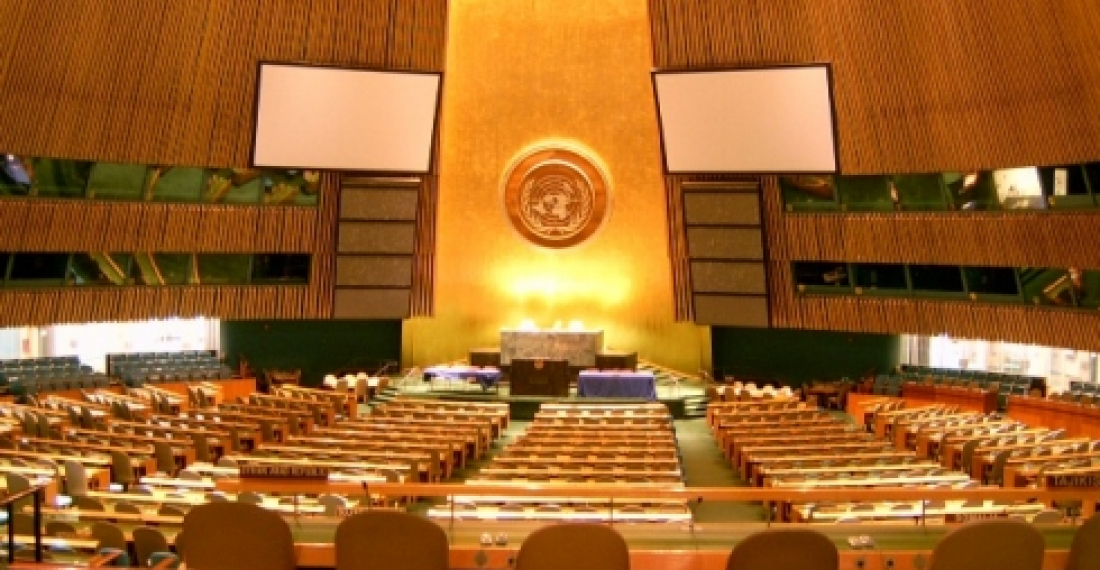It is sympthomatic of how difficulties things are at the moment in the framework of the peace negotiations on the Karabakh conflict, being facilitated by the OSCE Minsk Group co-chair countries, that there have in recent months been no face to face meetings between the foreign ministers of Armenia and Azerbaijan. The co-Chair diplomats held seperate meetings Paris recently with the two foreign ministers. The same pattern is likely to be followed in the next days in New York, where Foreign Minister Mammadyarov of Azerbaijan and Foreign Minister Nalbandian of Armenia will be attending this year's session of the United Nations General Assembly.
Commonspace.eu political editor said in a comment "The diplomats representing the US, Russia and France, the three co-Chair countries of the Minsk process, are trying very hard to keep lines of communication between the sides open, and to look for developments that may allow the negotiations to resume in earnest. There are also immediate issues, connected with the situation on the ground, that the diplomats will want to discuss with the foreign ministers. This is conflict management rather than conflict resolution, but all agree that for the moment it is necessary, and also probably the only thing that is possible to do.
This however is a short term solution. A new strategy is going to have to emerge soon if this conflict is not to erupt again in a very nasty fashion."
source: commonspace.eu
photo: The United Nations General Assembly (archive picture).







